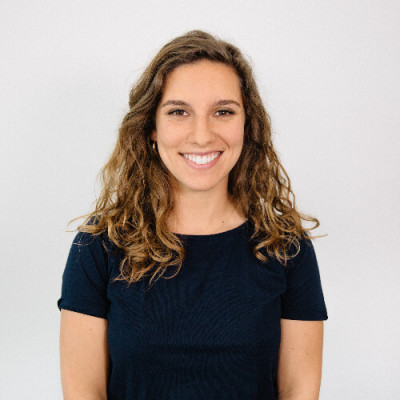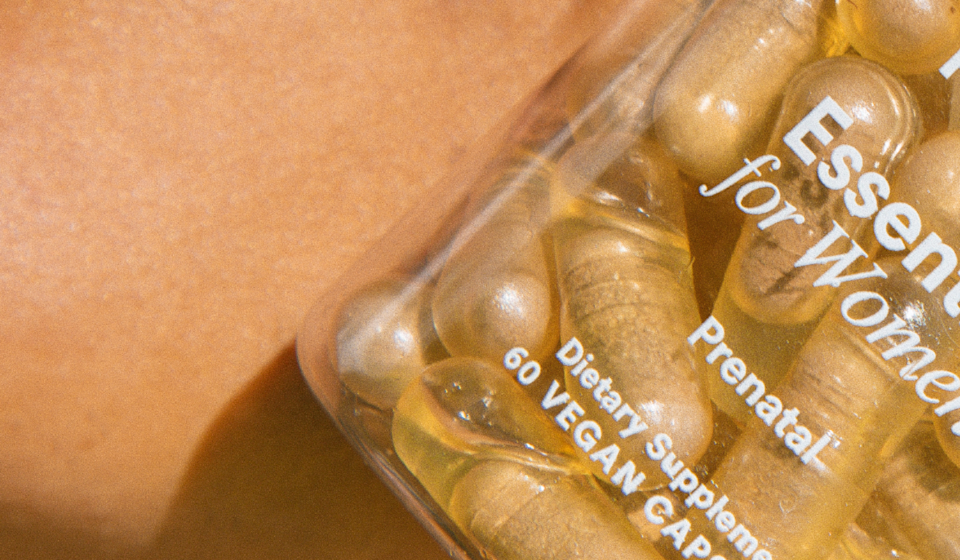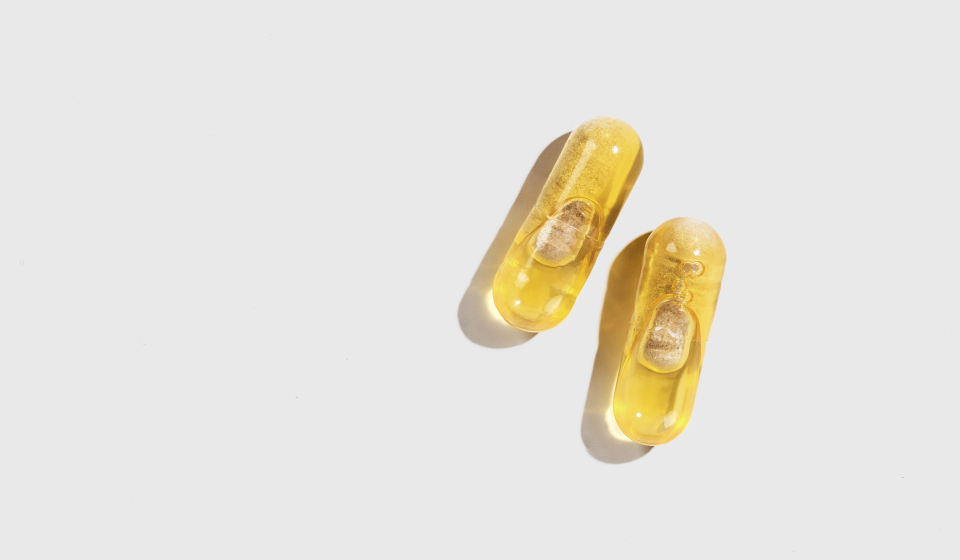2. Find a high-quality prenatal multivitamin (with folate). Taking a prenatal multivitamin helps support key nutrients needed through pregnancy — and a prenatal with folate is essential. Health professionals strongly recommend that pregnant women (and people trying to get pregnant) get 600 micrograms per day of folate — a B-vitamin that supports neural tube development. (1) Fun fact: you can start taking a prenatal before you get pregnant, so even if you’re in the just-thinking-and-planning stage, you can make the switch now to support conception.*
3. Stop smoking and drinking alcohol. Let's be real: cigarettes, cocktails, and recreational drugs? Not exactly the recipe for a thriving pregnancy journey. These choices can put a pause on getting pregnant and potentially impact the health of your future little one. Not to mention, no amount of alcohol is considered safe during pregnancy – effects to the fetus can happen as soon as implantation. (10) The good news? By removing these from your routine now, you're setting the stage for a smoother path to getting pregnant.
4. Start moving. Aim for 30 minutes of movement you love, like brisk walking or pilates or (non-heated) yoga, most days of the week. Ditch the dread-mill mentality and find activities that leave you feeling energized, not drained. Research suggests that both exercise and rest can play a role in creating the perfect environment for conception. (12)
5. Watch your caffeine intake. Coffee's a morning must-have for many, but when it comes to trying to conceive, it's important to be mindful of caffeine. This also goes beyond your latte – think tea, soda, chocolate, even some meds can have caffeine! The European Food Safety Authority suggests keeping intake to under 200mg of caffeine per day. (13) This is equivalent to about 2 eight ounce cups of drip coffee.
6. Incorporate more nutrients into your diet. Pregnant people need more of certain nutrients, such as protein, iron, folate (or its synthetic form, folic acid), iodine, and calcium. (2) While we can get key nutrients through a prenatal multivitamin, it’s still important to eat a nutritious, balanced diet to support healthy development of your baby, and your own health while achieving the superhero-level task of growing a human.*
Getting enough antioxidants in your diet can also be an influential tool for supporting your conception journey. A few examples of dietary ingredients providing antioxidant properties are CoQ10, vitamin C vitamin E, zinc, and N-Acetylcysteine (NAC). You can get these antioxidants from food sources like blueberries, strawberries, oats, sunflower seeds and many more.* (11)
7. Get personal with your menstrual cycle. Sometimes, a doctor asking you to remember the first date of your last period feels they’re calling on you in class to perform advanced calculus. While tracking your menstrual cycle isn’t necessary on the day-to-day (except for planning when to avoid white jeans), it’s crucial for someone thinking about getting pregnant to get in touch with their cycle. Keep in mind, not everyone has a 28-day cycle so getting to know how when you “flow” is important. Once you’re on friendlier terms with your menstrual cycle, you can understand where in your cycle you’ll be most fertile, and target optimal windows for sex when you’re trying to conceive.
8. Track your cervical mucus. Yep, we really meant personal. Did you know that right before ovulation, your cervical mucus (think vaginal discharge) can actually change texture to signal your most fertile days? It gets slippery and clear, kind of like raw egg whites – pretty cool, right? These "slippery days" are your fertile window, when you're most likely to conceive. They typically last around 4 days, leading up to ovulation. (14)
9. Know when you ovulate. Understanding your ovulation window is important because it enables you to track when you’re most fertile and understand the best time to conceive. There are a few different methods, both natural (also called “rhythm” methods) as well as ovulation tests you can take and apps you can use to calculate.
10. Go non-toxic. Some chemicals and solvents that are commonly found in household and beauty products may have adverse effects on both conception, and the healthy development of a baby. (8, 9) For example, heating food in plastic containers or using non-stick cookware can both expose you to toxic chemicals. And oxybenzone, triclosan, phthalates, and parabens are all chemicals commonly found in beauty products that may be harmful to pregnancy. Before you get pregnant, it’s helpful to see what in your household might be a red flag, and look into some alternatives.
11. Stay zen. Practice meditation and mindfulness to reduce stress as you enter this new stage of life. Unfortunately, stress can have a negative effect on pregnancy outcomes. Meditating can help ease feelings of stress by allowing couples to release any overwhelming thoughts or emotions. (16)
12. Know your health and family history. Understanding you and your family’s health history is important for pregnancy, but it sometimes involves a bit of digging. (5) That’s why it can be helpful to start making calls to parents and siblings before you’re even pregnant. Bringing a comprehensive health history to your care provider can help them identify and work to mitigate any risk for things like genetic or chronic conditions that can impact the baby’s health.
13. Talk with your partner. Building a family is a team effort. When you're both on the same page about getting pregnant, it can make all the difference. It’s especially important when it comes to your partner’s preconception health, too. Be sure to discuss how valuable it is to the conception journey that your partner incorporates healthy habits into their routine as well (regular exercise, a healthy diet while avoiding smoking, drinking and saunas). (15)
TLDR; You’re way ahead of the game exploring things to consider when trying to get pregnant before you’re pregnant, and the research and prep you do now can help reduce to-do’s and stress while pregnant. Taking a prenatal multivitamin can help support the body with key nutrients, whether you’re thinking, trying, or not-not-trying. Wherever you are in your “planning for pregnancy” journey, we’ve got your back.*











